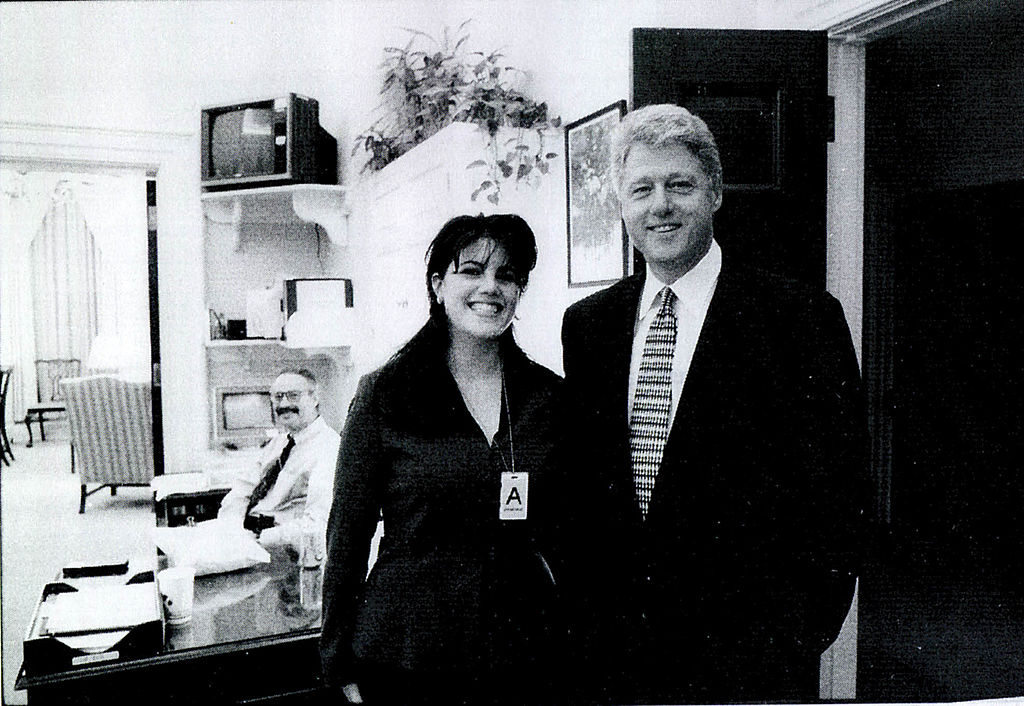
Monica Lewinsky Speaks Out: “I Wasn’t a Dumb Bimbo”
Reclaiming Her Story, 30 Years Later
Three decades after her name shook American politics, Monica Lewinsky is taking back her story. Now 51, the former White House intern is using her voice to reflect on the scandal that changed her life forever.
In a deeply candid interview on Elizabeth Day’s How To Fail podcast, Lewinsky opened up about the affair with then-President Bill Clinton, how it impacted her identity, and what it means to be publicly shamed.
A Young Woman in a Power Imbalance
At just 22, Lewinsky entered the White House as an intern. Clinton was 49 and the most powerful man in the world.
“I think there was some limerence there and all sorts of other things, but that’s how I saw it then,” she said. “It was a 22-to-24-year-old young woman’s love. I think it was also an abuse of power.”
The relationship triggered an impeachment, endless media coverage, and relentless public humiliation. Yet, most of the blame fell squarely on her.
A Damaging Narrative
Lewinsky recalled how the Clinton administration shaped a humiliating public image of her.
“They branded me a ‘bimbo,’” she said. “I wasn’t a dumb bimbo. I was portrayed to be—and that was a big struggle.”
Worse, she pointed out, many women picked up that narrative and amplified it.
“That mantle was picked up by a lot of women,” she noted. “Even though it was crafted and pushed by the White House.”
After denying the affair for months, Clinton finally admitted to it on August 17, 1998, accepting full responsibility. But by then, the damage had already consumed Lewinsky’s life and reputation.

The Toll of Becoming a Punchline
Lewinsky described the aftermath as a “media circus.” She was mocked, stalked, and emotionally crushed.
“I love and appreciate who I am now,” she said, “but I would’ve liked a more normal life. A more normal trajectory.”
On the Call Her Daddy podcast with Alex Cooper, she went deeper.
“You were 22 years old, he was 49, you were an intern. He was the President of the United States,” Cooper said.
Lewinsky responded bluntly: “I was very quickly painted as a stalker, mentally unstable, not attractive enough.”
One Detail That Still Haunts Her
Looking back, Lewinsky highlighted one powerful truth: her experience affected far more than just her.
“There was so much collateral damage for women of my generation,” she said. “To watch a young woman be pilloried on the world stage—for her sexuality, her mistakes, her everything.”
She also emphasized the long-term cost: she didn’t just lose her anonymity—she lost her future.
“Because of the power dynamics and the power differential,” she said, “I never should’ve been in that f***ing position.”
Not Asking for Pity—Just Perspective
Today, Lewinsky isn’t seeking sympathy. She’s asking for understanding—and recognition as a person beyond the scandal.
Her raw honesty forces us to confront difficult questions: Have we learned anything?
Are we kinder toward women now—or are we just shaming them with new hashtags?
Three decades later, Monica Lewinsky still challenges us to rethink how we treat women caught in the crosshairs of power and public opinion.